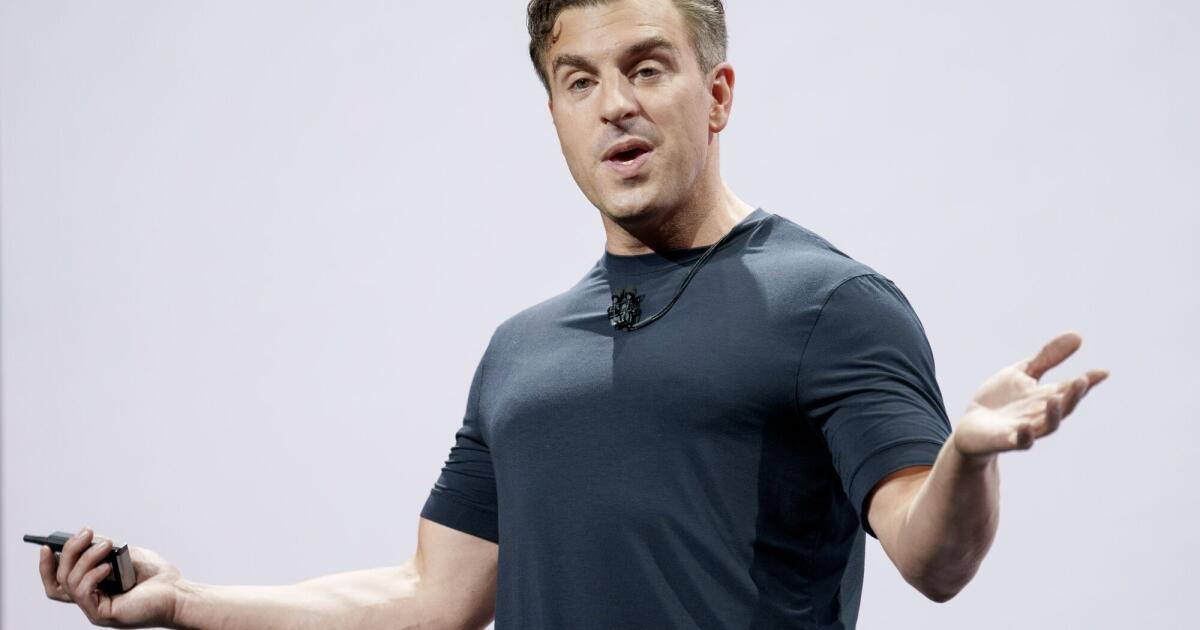Copyright Project Syndicate

PARIS – The pianist Keith Jarrett’s Köln Concert is one of the greatest pieces of improvisation in the history of jazz – an hour of unrestrained glory, delivered without a score or a plan. But Jarrett’s achievement owed nothing to chance. Rather, it was the outcome of thousands of hours of tedious repetition – endless scales that honed the pianist’s reflexes and muscle memory. Geniuses of improvisation rely on mastery, which itself comes from practice. They are not just winging it. This is a central paradox of human learning: modes of action can be transcended only after being deeply internalized. Creativity always begins with constraint. In what the Russian pediatric psychologist Lev Vygotsky called the “zone of proximal development,” repetition transforms limitation into skill. Likewise, the Swiss psychologist Jean Piaget saw that intelligence is built through action, through the repeated manipulation of knowledge until it becomes instinctive. To learn is to master a framework well enough to be able to transcend it. The same dynamic also applies to more mundane intellectual work. Professionals in the service or technology sectors must first adhere to codified rules before learning to break the mold. The Nobel laureate psychologist Daniel Kahneman captured this transition with his distinction between two forms of cognition: “System 1” is fast, intuitive, and automatic, whereas “System 2” is slow, analytical, and deliberate. As knowledge workers become more seasoned, they are often encouraged to emulate the Spanish conquistador Hernán Cortés and “burn the ships” of technical fluency so that they can focus on developing the new. The idea is to dispense with the System-2 thinking that got you across the Atlantic, and to trust wholly in your instincts (System 1). But AI now threatens to eliminate the ocean-crossing stage of knowledge workers’ careers. A recent study by Erik Brynjolfsson, Bharat Chandar, and Ruyu Chen looked at millions of US payroll records and found that, since late 2022, employment among those aged 22-25 has fallen by 13% in the most AI-exposed occupations – customer service, communications, and especially software development – while older workers in the same fields have been largely unaffected. Other research has arrived at similar findings. In October 2025, for example, Seyed Mahdi Hosseini and Guy Lichtinger highlighted an even steeper decline in early AI-adopting companies. These studies show that the most affected jobs are those in which AI is used to automate tasks, whereas those in which AI augments human capabilities remain stable. This distinction is crucial because the tasks most at risk of automation are precisely those that once served as crucibles for professional growth. The implication is that AI could destroy the foundations on which more senior employees’ intuition and judgment rest. A banker becomes a shrewd negotiator only after spending long nights and weekends adjusting financial models. An engineer grasps the logic of a system only after debugging hundreds of trivial errors. Such repetitive, boring, codified work is the raw material of tacit knowledge – the kind that no textbook can teach. With AI, we are burning younger generations’ ships without first teaching them how to forge ahead on their own. Young people today already blame their elders for leaving them with mounting problems like climate change, and now they are inheriting yet another debt. Cognitive science reminds us that learning is not just an accumulation of information. It is an embodied process. As neuroscientist Stanislas Dehaene explains, learning relies on “neuronal recycling,” with the brain repurposing existing circuits through repeated practice. That recycling requires action, not delegation. Young workers cannot become experts by merely validating a machine’s output; they cannot develop intuition by supervising an algorithm. If we transfer all codified knowledge to machines, it will become ever harder to learn by doing, to achieve mastery, and thus to aspire to creative freedom. How are we to avoid this cognitive trap? We see three principles that should guide companies and society more broadly. First, restore dignity and value to repetitive work. Repetition should not always be viewed as drudgery; often, it is a cognitive investment. Companies should recognize the formative power of such work. No musician becomes a virtuoso without scales; no financial analyst or lawyer develops business judgment without performing in his or her junior years all the tedious tasks we would be tempted to entrust a machine. Second, we will need to rethink workflows. Walmart CEO Doug McMillon may well be right that “AI is going to change literally every job.” But in that case, firms that use AI to automate certain tasks should create others through which young professionals can still practice, make mistakes, and learn. Progress depends less on being efficient than on being engaged. The goal is not to safeguard existing jobs at all costs, but to create occupations enabling the transition from System 2 to System 1 thinking. Finally, we must introduce a norm of intergenerational accountability. Every act of automation should be assessed not only for its productivity gains here and now, but also for its future costs. What happens to the next generation when we remove the learning phase? A principle of “cognitive decency” should be embedded in corporate ethics charters alongside those requiring environmental sustainability. Jarrett shone that night in Cologne precisely because he had spent years following a playbook. Likewise, we as a society will retain our creative freedom only if we preserve the time it takes to learn. We must do so while also embracing change. As Philippe Aghion, one of this year’s Nobel laureates in economics, has shown, creative destruction is the engine of progress. But nor can we turn a blind eye to other worldviews. Emerging markets and developing economies, which are leapfrogging straight to native, widespread AI adoption, may view things differently. The cognitive debt that we are leaving for younger people in advanced economies may be their opportunity. It will be our duty to pay attention. For now, though, acknowledging that the debt exists, and will grow, is the first step toward addressing it.



